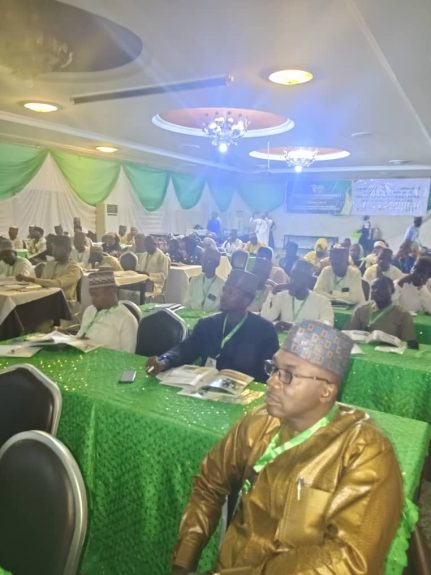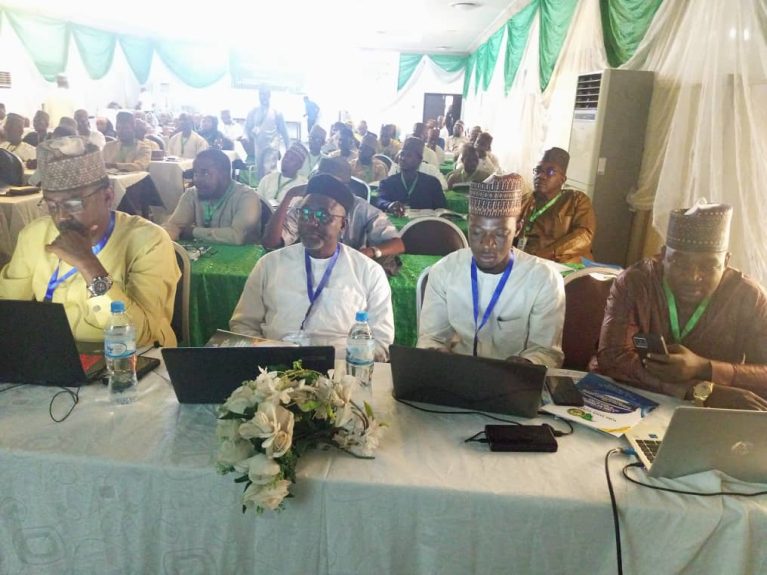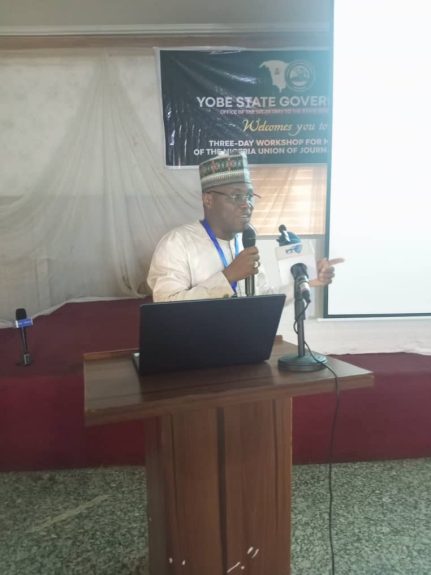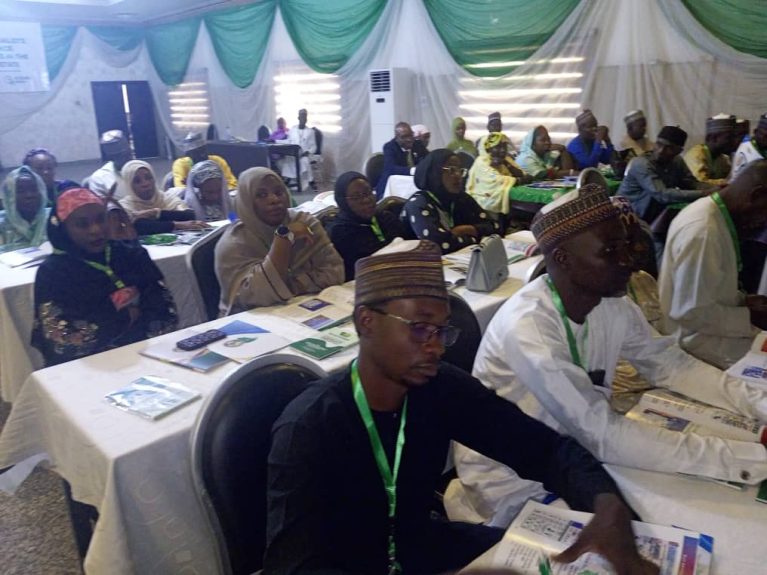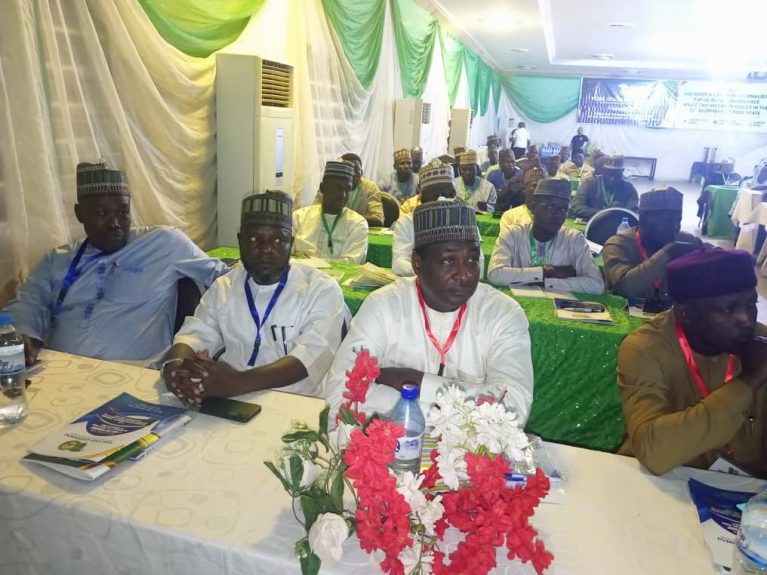
Iliyasu Abdullahi Bah
A capacity-building workshop organized by the Yobe State Government for media professionals has identified the rising tide of quackery and entrenched unethical conduct as the most significant forces crippling the integrity and practice of journalism in Nigeria.
The workshop, held on Monday in Kano, was convened under the theme “The Nigeria Union of Journalists (NUJ), Democratic Governance, and Contemporary Issues in National Development.” It brought together seasoned journalists, editors, government officials, and NUJ leadership to critically examine the media’s role in fostering democracy.
In his opening address, the Yobe State Commissioner for Information, Abdullahi, emphasized the government’s commitment to a free and responsible press. He explained that the workshop was designed to equip journalists with the skills to navigate contemporary challenges and uphold the highest standards of their profession.
“The media is the cornerstone of any thriving democracy,” the Commissioner said. “However, its power is diminished when falsehood is peddled as news and when personal gain is placed above public interest. This workshop is a call to action for introspection and a renewed commitment to ethical journalism.”
A central and sobering session of the workshop focused on diagnosing the ailments plaguing the industry. Facilitators and participants identified the infiltration of the profession by untrained individuals posing as journalists. These “quacks,” often lacking NUJ accreditation or formal training, were accused of tarnishing the reputation of the entire field through sensationalism and a disregard for journalistic principles, according to Dr. Mohammed Bedu of the University of Maiduguri.
Prof. Danjuma Gambo, another leading media scholar, decried the pervasive practice of journalists accepting monetary inducements or gifts from news sources in exchange for favorable coverage. He described it as a “cancerous practice” that erodes public trust and destroys editorial independence.
Participants also cited disturbing cases where individuals threaten to publish damaging — and often unverified — stories unless they are paid to suppress them, a practice that blurs the line between journalism and outright criminality.
The workshop concluded that such unethical practices have dire consequences, crippling journalism’s ability to hold power accountable, inform citizens accurately, and contribute meaningfully to national development. When the public cannot trust the news, experts warned, democratic governance is weakened and society becomes vulnerable to manipulation.
The Yobe State workshop ultimately served as a mirror for the media industry, reflecting a profession at a crossroads. The consensus was clear: for journalism to fulfill its sacred duty as the Fourth Estate and a true partner in development, a collective and unwavering return to ethics, professionalism, and accountability is non-negotiable.
